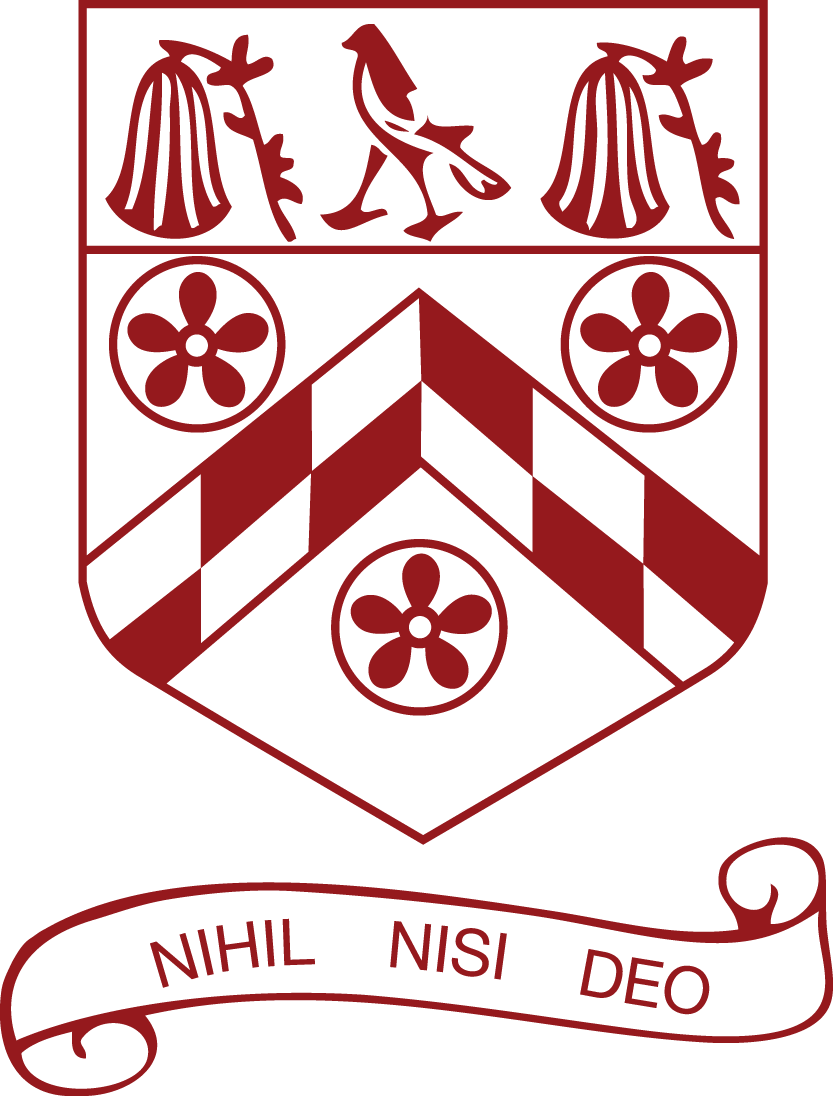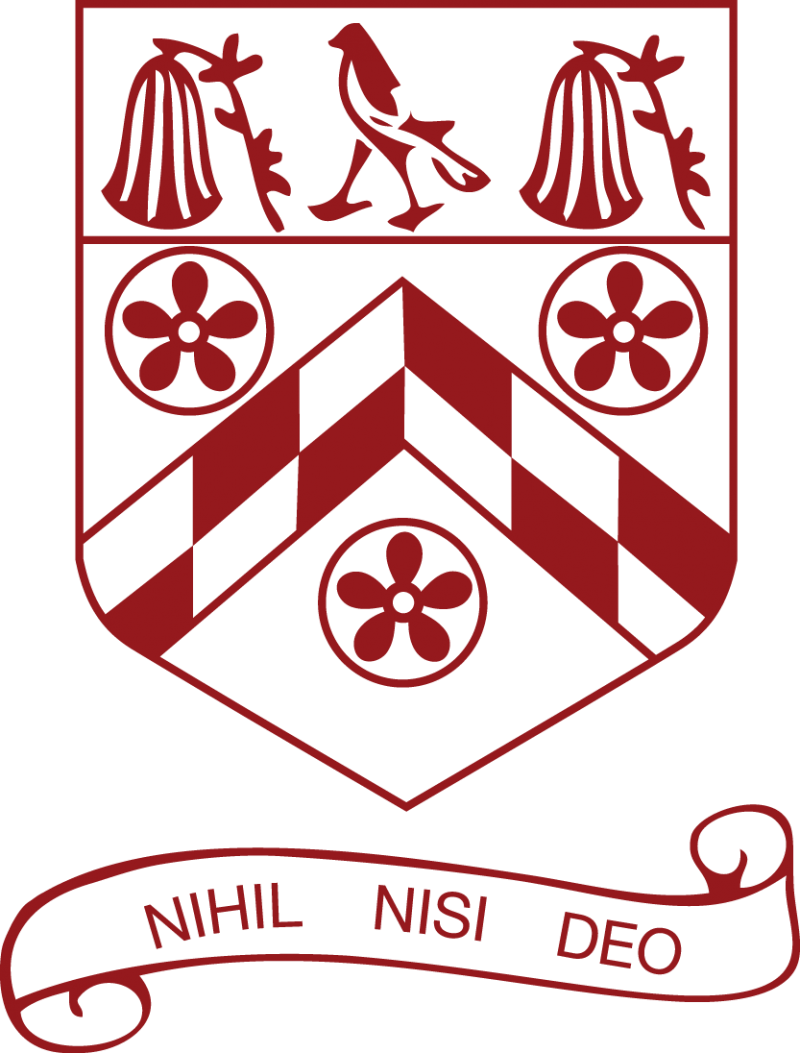Main School
Drama
Drama and Theatre at its heart is about how we as humans make sense of the world. It encourages individuals to think creatively, exploring their own feelings, identity, and culture. It aims to do far more than just entertainment, but to supply its audiences with a message about mankind. It’s messages are universal, as is its language, and theatre makers and audiences around the world can share in its unique ability to tell stories without words. Creating, performing, and responding to theatre allows students to explore the world of people, from different times, place, and cultures. Drama and Theatre has its own history which is invaluable to the study of drama, but there is still space for the story telling that encapsulates our lives each day.Drama and Theatre at its heart is about how we as humans make sense of the world. It encourages individuals to think creatively, exploring their own feelings, identity, and culture. It aims to do far more than just entertainment, but to supply its audiences with a message about mankind. It’s messages are universal, as is its language, and theatre makers and audiences around the world can share in its unique ability to tell stories without words. Creating, performing, and responding to theatre allows students to explore the world of people, from different times, place, and cultures. Drama and Theatre has its own history which is invaluable to the study of drama, but there is still space for the story telling that encapsulates our lives each day.
Drama at Blessed High Faringdon is energetic, practical, and varied. Students will work collaboratively to make theatre which represents themselves, as well as the work of playwrights and theatre practitioners. They will learn how to use conventions, improve their work with techniques, and explore a variety of themes and issues in performance, creating theatre for a purpose. We will take students past the point of childhood play and into the world of purposeful and engaging theatre.
Aims and Objectives:
- to identify the impact theatre has on culture and how it can be used to both entertain and provoke
- to uncover the skills and conventions at the heart of theatre making
- to relate human emotions and circumstance to art and the portrayal of characters in theatre
- to examine the world of theatre, how it has changed and how it can be made better
- to create theatre which has a clear intention and is skilful
- to critically analyse and evaluate performance and design; skills crucial to the understanding of our multi-media world
- to develop the holistic skills that prepare students for the world of work
- to identify how the skills and knowledge within drama and theatre are relevant and relatable to all aspects of future life.
Students will identify how meaning is created for an audience and understand how acting and design tell a story on stage. They will explore the language of theatre and understand that analysis is a fundamental part of understanding the world of Drama. Students will learn how to evaluate the work of others, exploring live theatre, assessing their own areas for development and providing support and guidance for their peers too.
Whilst students in drama will be learning the skills and features of creating, performing, and responding, the subject also allows space for individuals to grow holistically. The communication, organisation, creativity, and resilience that drama nurtures are regarded highly, both in the world of higher education and of employment. Students at Blessed Hugh Faringdon should be constantly challenging themselves, taking risks, and discovering the world in their drama lessons. As a school we believe that drama is essential to students’ growth as an individual, for everyone to be ready for the world beyond school. In essence: Drama shapes lives.
At KS4 students will continue with Drama as a GCSE Options subject. Students will study the WJEC Eduqas GCSE in Drama across two years. It is an exciting, inspiring and practical course. The specification promotes involvement in and enjoyment of drama, as performers and/or designers. Additionally it provides opportunities to attend live theatre performances and to develop skills as informed and thoughtful audience members. Through following this specification, students will be given opportunities to participate in and interpret their own and others' drama. Students have the option to work practically as performers and/or designers in Components 1 and 2. Learners will investigate a practitioner of drama, work collaboratively to develop ideas to communicate meaning and experiment with dramatic conventions, forms and techniques to produce and realise a piece of original theatre. They will also have the opportunity to participate in the performance of an extract from a play text. Students will demonstrate their knowledge and understanding of drama, including their ability to interpret texts for performance, in a written examination. However, in preparation for this assessment, learners are encouraged to study their chosen text practically as a performer, designer and director.
This course offers students a broad and coherent course of study which enables learners to:
- apply knowledge and understanding when making, performing and responding to drama
- explore performance texts, understanding their social, cultural and historical context including the theatrical conventions of the period in which they were created
- develop a range of theatrical skills and apply them to create performances
- work collaboratively to generate, develop and communicate ideas
- develop as creative, effective, independent and reflective learners able to make informed choices in process and performance
- contribute as an individual to a theatrical performance
- reflect on and evaluate their own work and that of others
- develop an awareness and understanding of the roles and processes undertaken in contemporary professional theatre practice
- adopt safe working practices.

